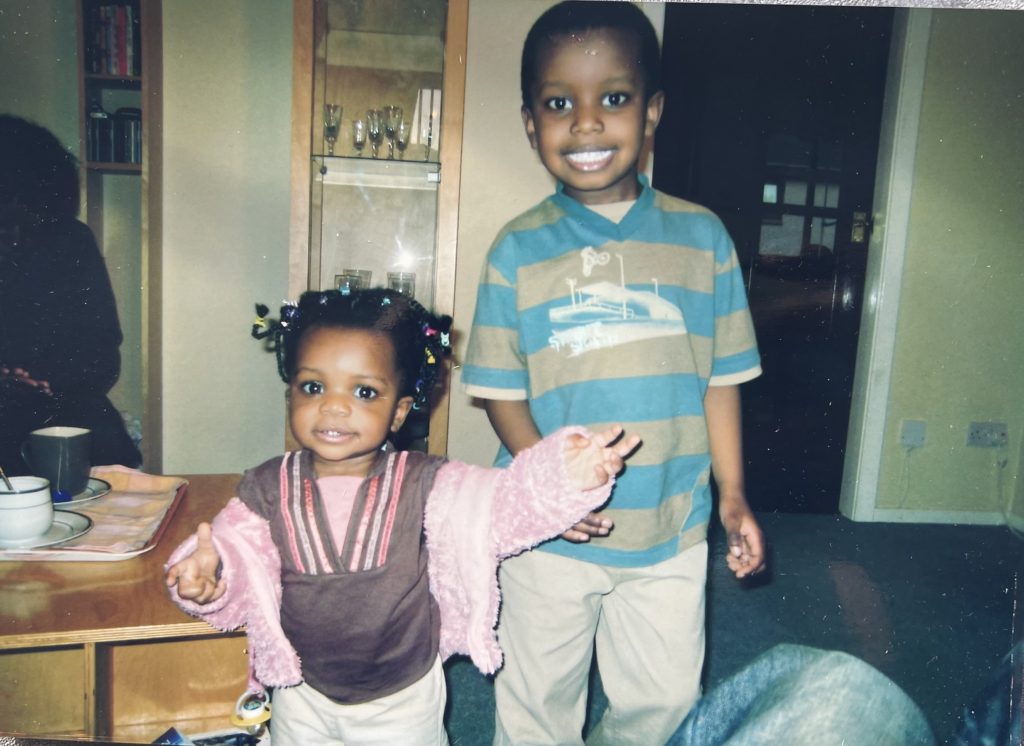
When I read this prompt, I immediately think of the Bible, the Holy text of Christianity, because of its myriad versions and interpretations and its relation to me as a Christian.
To know something is to have an understanding of its concepts, often to a standard where it can be understood by others if explained to them. But this transfer of information is precisely where information, and thus knowledge, can be lost.
The Bible is a compilation of texts written over centuries, detailing the Story of Jesus Christ, and God’s teachings, but it wasn’t all written at the same time and by the same author. Each of these authors would’ve interpreted the experiences they viewed differently, due to their application of their own senses. Modern science shows us that our senses can be easily flawed, and illusioned. Donald Hoffman proves this in his TED Talk via the use of optical illusions, of which there are hundreds you can try on YouTube. These views align with Descartes, who came to the realization that his senses couldn’t be trusted, and that the only knowledge he could be sure of was his existence. Take the Gospel (story) of Jesus Christ’s life in the Bible: 4 accounts of the same life, all including their own takes of information, and analysis of the events that occurred. If someone had remembered wrongly along the line, what would that mean for the future of the religion? It would be untruthful, built on misinterpretation – causing severe doubt and loss of faith, ruining trust for billions who follow the religion.
Add to this the effect of language. The Bible was mostly kept fresh in the minds of people by speaking about its stories, before most of it was written in Greek, especially in the time of the New Testament. From there, it was kept in Latin by priests for a long time, until its eventual translation into world languages. But there aren’t always smooth translations, and those who do not speak Greek or Latin can’t fully interpret what was written as solid knowledge, only as a translation into their common tongue. For instance, certain words like: “l’appel du vide” have no direct translation. Yes, the words may be converted to their equivalent – in our case, “the call of the void” – but they don’t translate the meaning of the metaphor. Nor do they convey the same feeling that those who understand the phrase as part of their mother tongue would. You can see here that there is a problem of experience. Every being’s unique upbringing allows for unrepeatable experiences to be felt as our influences from family, culture, education, community, society and many more factors carve particular values into each of us – forming individuals. This changes the way we interpret information, in a way that we can never truly know what another knows in the same way because we will never share all of their values and memories.
To summarize, while there may be certain truths that we can share, such as mathematics, we can’t know the same experiences and interpretations of other as they are unique to their senses and values. In this we find that our knowledge is limited to our experiences, influenced by our specific values and can even by altered by language and faulty memory. Therefore, I am inclined to admit that there are truths and states of being that we can never achieve or replicate, and thus never know.
Ivan Sproats.




